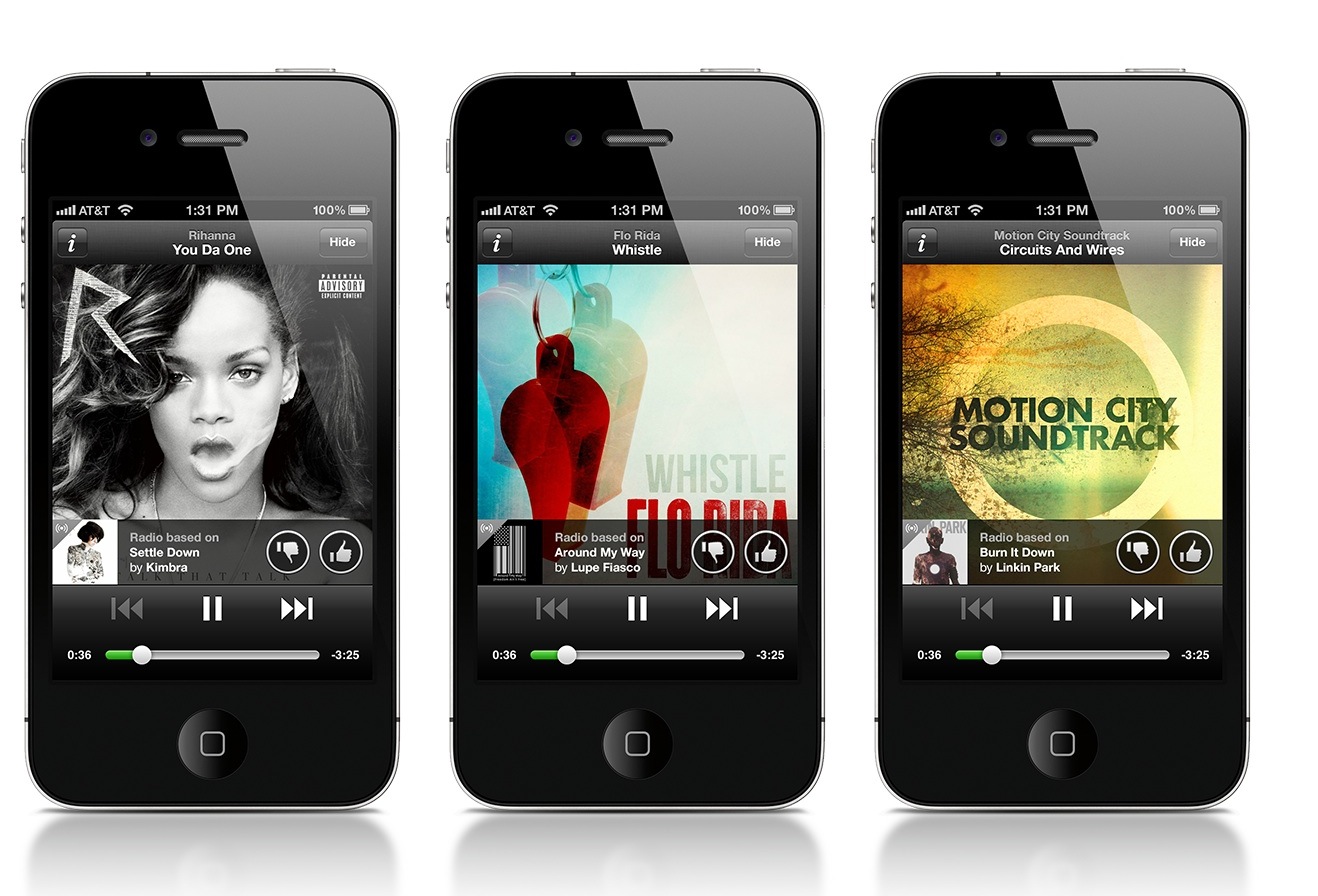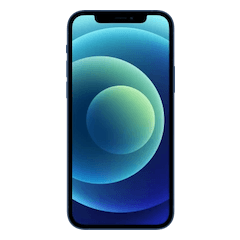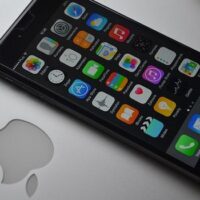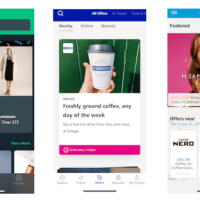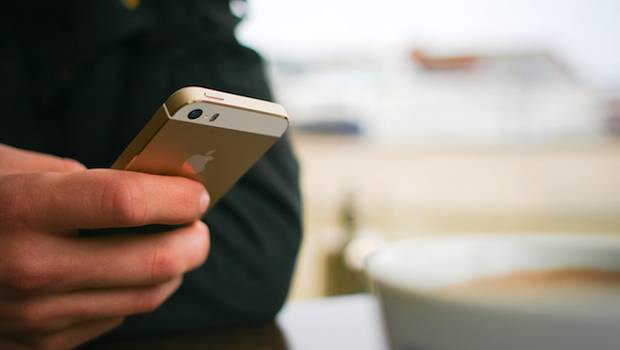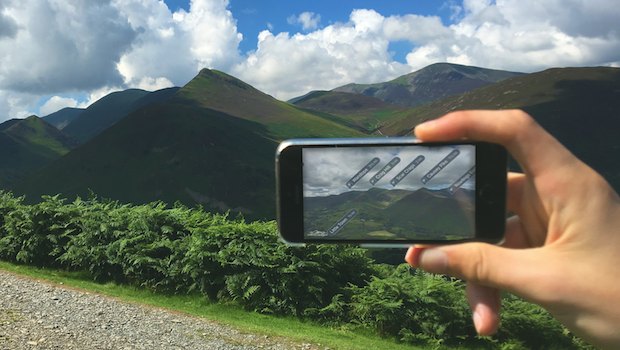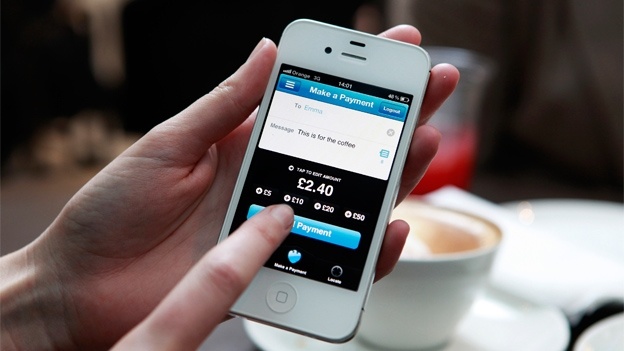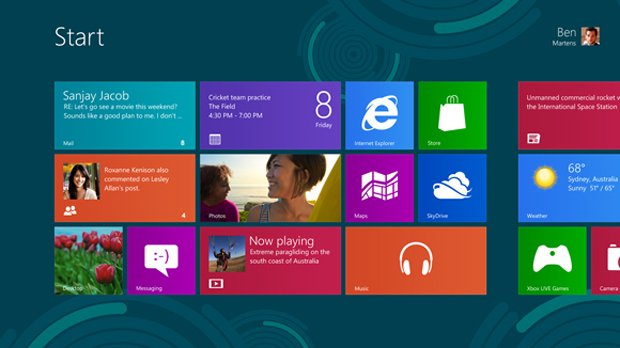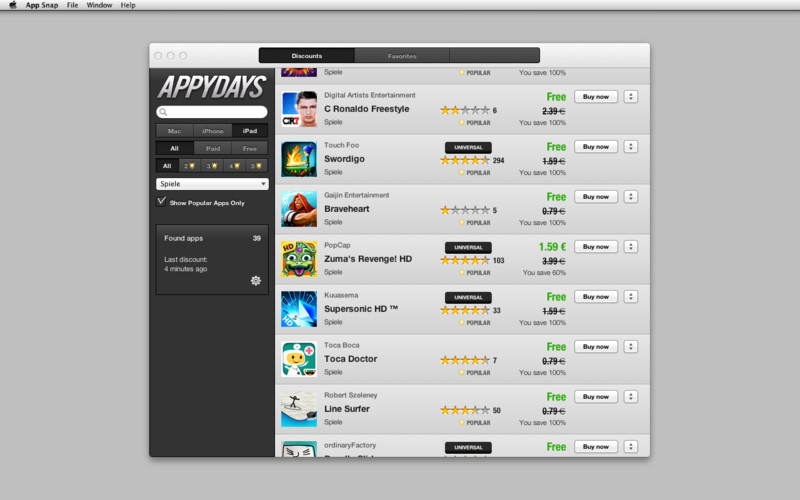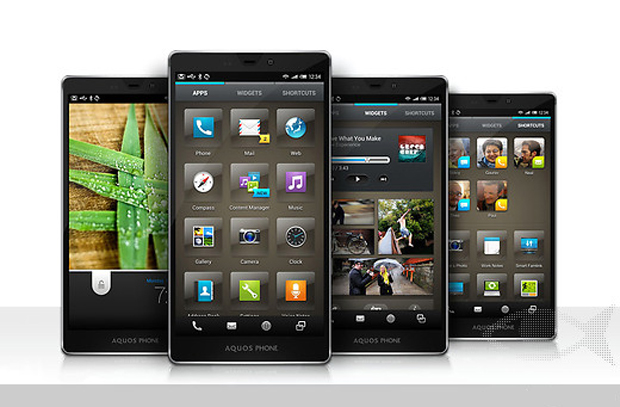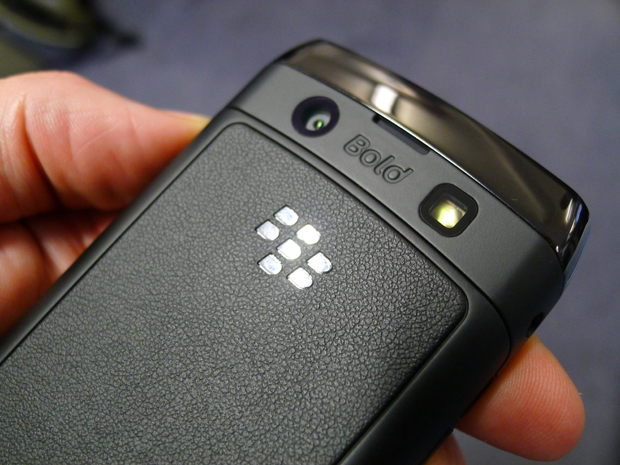Alongside announcing the launch of the iPhone SE and other hardware changes, Apple also used the March press event to launch CareKit.
As a general user it’s unlikely you’ll ever see CareKit specifically mentioned within an app, as it’s a framework for developers to build apps in much the same way that frameworks like WordPress are used by bloggers to create websites.
However, its launch is likely to be significant over the coming years and it’s likely you’ll one day be using an app built using the software.
So what exactly is CareKit?
For developers to produce iOS apps, they use coding frameworks unique to Apple. Over the last few years, Apple has released different iterations, such as ResearchKit and HomeKit, to make it easier for developers to build apps aiming to solve different problems.
For example ResearchKit was launched to enable app developers to build apps focused on medical research and collecting data. The mPower app (built to study Parkinson’s Disease) is one iOS app built using the ResearchKit, collecting over 10,000 participants since launching just last year.
It’s now the largest Parkinson’s study in history and has enabled researches to get a better understanding of the disease by making use of iPhone features such as the gyroscope.
The difference with CareKit is a focus on personal medical care, as the software is specifically designed for developers building apps for us to monitor our health. Within the CareKit there’s also a module called ‘Care Card’, which can be shared directly with health care professionals. This means you could use an app to monitor your health after an operation and report all the data directly back to a doctor.
A separate ‘Insights’ module will also enable you to see your progress over time within other apps built using the CareKit framework.
There are huge implications from these types of apps, as by harnessing featured of the iPhone and Apple Watch, developers can more easily create apps to monitor specific conditions and feed this into research studies. More research data is likely to help scientists to discover cures and solutions at a much faster rate, which means we all benefit.
Other positive implications include the potential for apps to be created that could warn a carer that someone needs urgent medical attention using much more accurate monitoring than methods currently being used. It could also cut down the trips to your local GP, as you’d be able to send data directly to them so they can ascertain whether you need to attend the surgery.
Clearly this is a big advancement and there are a lot of ‘what ifs’ still outstanding. For example GP surgeries would have to have the technology themselves to receive data from your app and be willing to trust it.
In addition there are privacy concerns that someone else may be able to access your personal data. However, generally Apple has had far less security breaches than other tech companies and if one company is going to do this, we think Apple is the safest bet.
So what now? Watch our for a surge in personal medical care related apps in the Apple app store and give any that are relevant to you a go – you may end up improving your health or at the very least, have a greater understanding of just how healthy you are.



